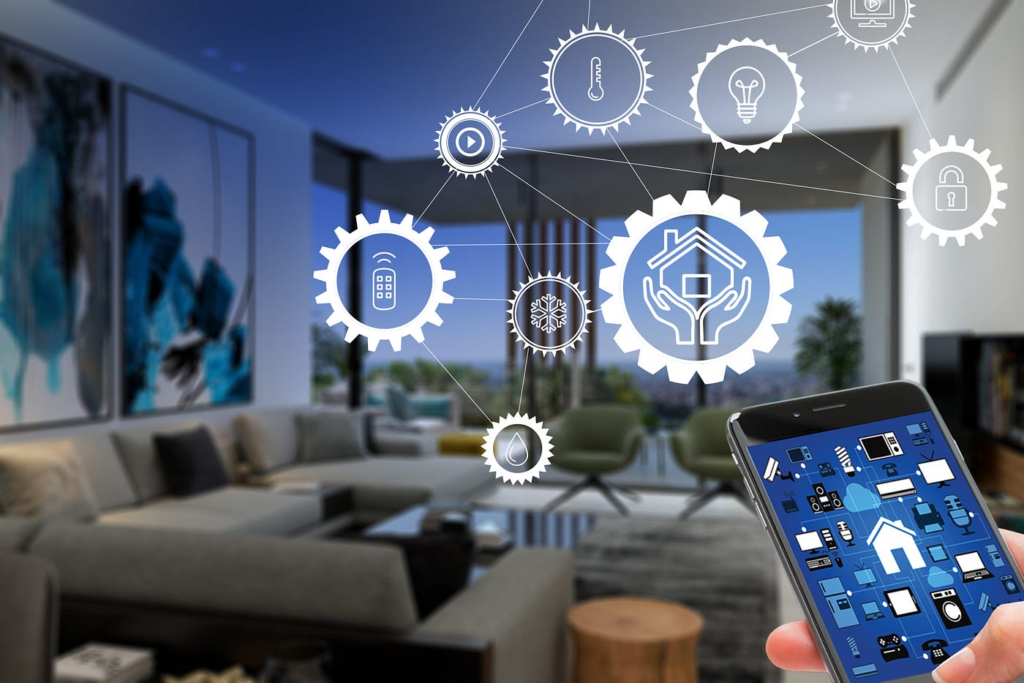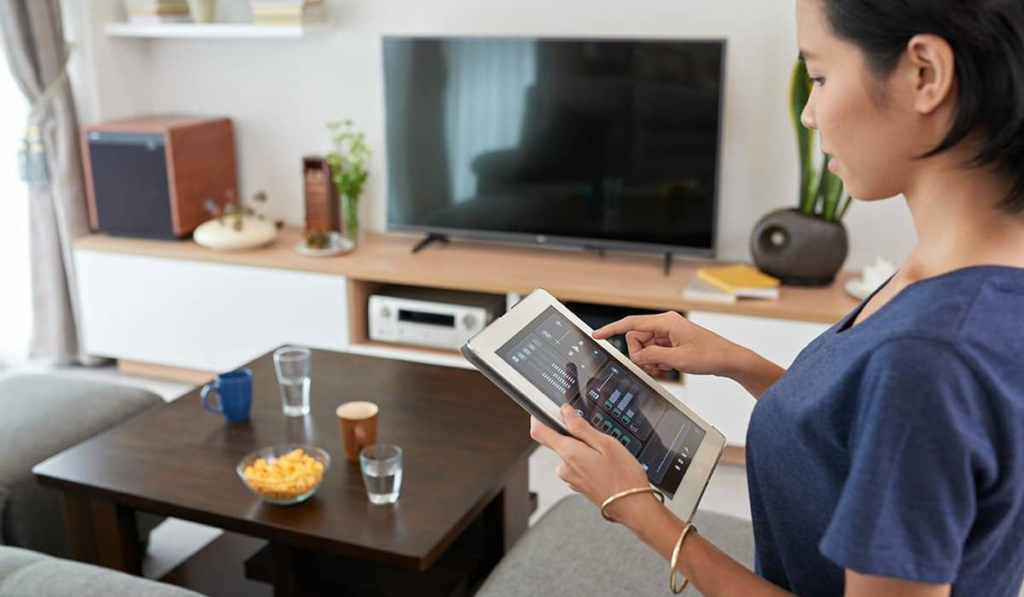Smart homes are no longer a luxury reserved for the future—they’re here, and they’re transforming how we live. From controlling your lights with a simple voice command to appliances that learn your habits, smart home technology is making life easier, more efficient, and even safer. In this article, we explore how voice assistants, smart appliances, and automation systems are reshaping modern households.
What Is Smart Home Technology?
Smart home technology refers to devices and systems that connect to the internet and can be controlled remotely or through automation. These technologies can include lighting, thermostats, security cameras, appliances, and even window shades. You can operate them through smartphones, tablets, or voice assistants like Amazon Alexa, Google Assistant, or Apple’s Siri.

According to a report from Statista, the global smart home market is expected to grow to over $230 billion by 2028. With this rapid growth, more homeowners are turning to smart solutions for convenience, energy savings, and security.
The Rise of Voice Assistants
Voice assistants are one of the most popular smart home features. Devices like Amazon Echo, Google Nest, and Apple HomePod allow users to control their homes just by speaking.
Want to dim the lights? Just say, “Alexa, turn off the lights.” Need to play your favorite playlist while cooking? A simple command does the trick.
These voice-activated assistants can also:
- Set reminders and alarms
- Provide weather and traffic updates
- Read news headlines
- Control other smart devices
Voice assistants have become the central hub for smart homes, offering hands-free convenience and accessibility for everyone, including the elderly and disabled.
Smart Appliances: Beyond Traditional Functionality
From refrigerators that send you shopping reminders to washing machines you can control from work, smart appliances are changing the way we interact with household items. Here are a few standout innovations:
Smart Refrigerators: These come with touchscreens, cameras inside the fridge, and grocery-tracking features. Brands like Samsung and LG have models that even suggest recipes based on what’s inside your fridge.
Smart Ovens: You can preheat or control cooking temperatures through your phone. Some even use AI to adjust settings based on what you’re cooking.
Smart Washing Machines: Control cycles remotely, get alerts when laundry is done, and even get tips for saving water and energy.
Robot Vacuums: Devices like the iRobot Roomba or Eufy map your home and clean on schedules you set through an app.
These appliances not only save time but also help conserve energy and reduce waste.
Home Automation Systems: Total Control at Your Fingertips
Home automation takes smart living to the next level. It’s the combination of devices, sensors, and control systems that work together to perform tasks without human intervention—or with minimal input.

Common features of home automation systems include:
- Lighting control: Lights that turn on automatically when you enter a room or based on sunset/sunrise schedules.
- Thermostat control: Devices like the Nest Thermostat adjust temperatures automatically based on your behavior and save energy.
- Security systems: Smart locks, cameras, and alarms offer real-time alerts, facial recognition, and mobile access.
- Irrigation systems: Automated watering systems that adjust based on the weather forecast.
Using platforms like Samsung SmartThings, Apple HomeKit, or Google Home, users can integrate multiple devices into one centralized app or interface.
Benefits of Smart Home Technology
1. Convenience: Control everything with your phone or voice. You don’t need to be home to manage your devices.
2. Energy Efficiency: Smart thermostats, lights, and appliances learn your habits and reduce unnecessary usage. According to the U.S. Department of Energy, smart thermostats can save users up to 10% on heating and cooling bills.
3. Security: With real-time alerts and remote monitoring, you’re always in control. You can even answer your doorbell from miles away with a smart doorbell like Ring or Google Nest Hello.
4. Accessibility: For people with mobility issues or disabilities, smart technology brings greater independence and comfort.
5. Increased Home Value: Homes equipped with smart technology are often more attractive to buyers and can increase property value.
Concerns and Considerations
While smart home tech offers many advantages, there are also some concerns.
1. Privacy: Devices that listen and collect data can pose privacy risks. It’s important to review privacy settings and understand what information is being stored.
2. Cost: While prices are dropping, initial installation and setup can be expensive, especially for full automation systems.
3. Compatibility: Not all devices work with each other. Make sure new gadgets are compatible with your existing ecosystem (like Alexa, Google Assistant, or Apple).
4. Cybersecurity: As with any internet-connected device, smart home products are vulnerable to hacking. Regular software updates and strong passwords can reduce risks.
To learn more about protecting your smart devices, visit Cybersecurity & Infrastructure Security Agency (CISA).
What’s Next for Smart Homes?
As AI and machine learning continue to improve, the next wave of smart homes will likely feature even more personalized experiences. Imagine lights that adjust automatically based on your mood, fridges that reorder food when it runs low, or homes that detect air quality and open windows automatically.
5G technology will also make smart home networks faster and more reliable. And with more focus on sustainability, future smart homes will likely include even more energy-efficient solutions.
Final Thoughts
Smart home technology is here to stay. With voice assistants, intelligent appliances, and automated systems, living smarter is no longer a futuristic dream—it’s our new reality. Whether you’re upgrading one device or going all-in with automation, now is a great time to make your home work smarter, not harder.
Stay updated on the latest in smart home innovation by checking out TechCrunch Smart Home News.
Ready to start your smart home journey? Even one device can make a big difference. Start with what fits your needs and budget, and expand as you go. The future is at your doorstep—literally.
Also Read – Cybersecurity Secrets Every Business Must Know Before It’s Too Late






